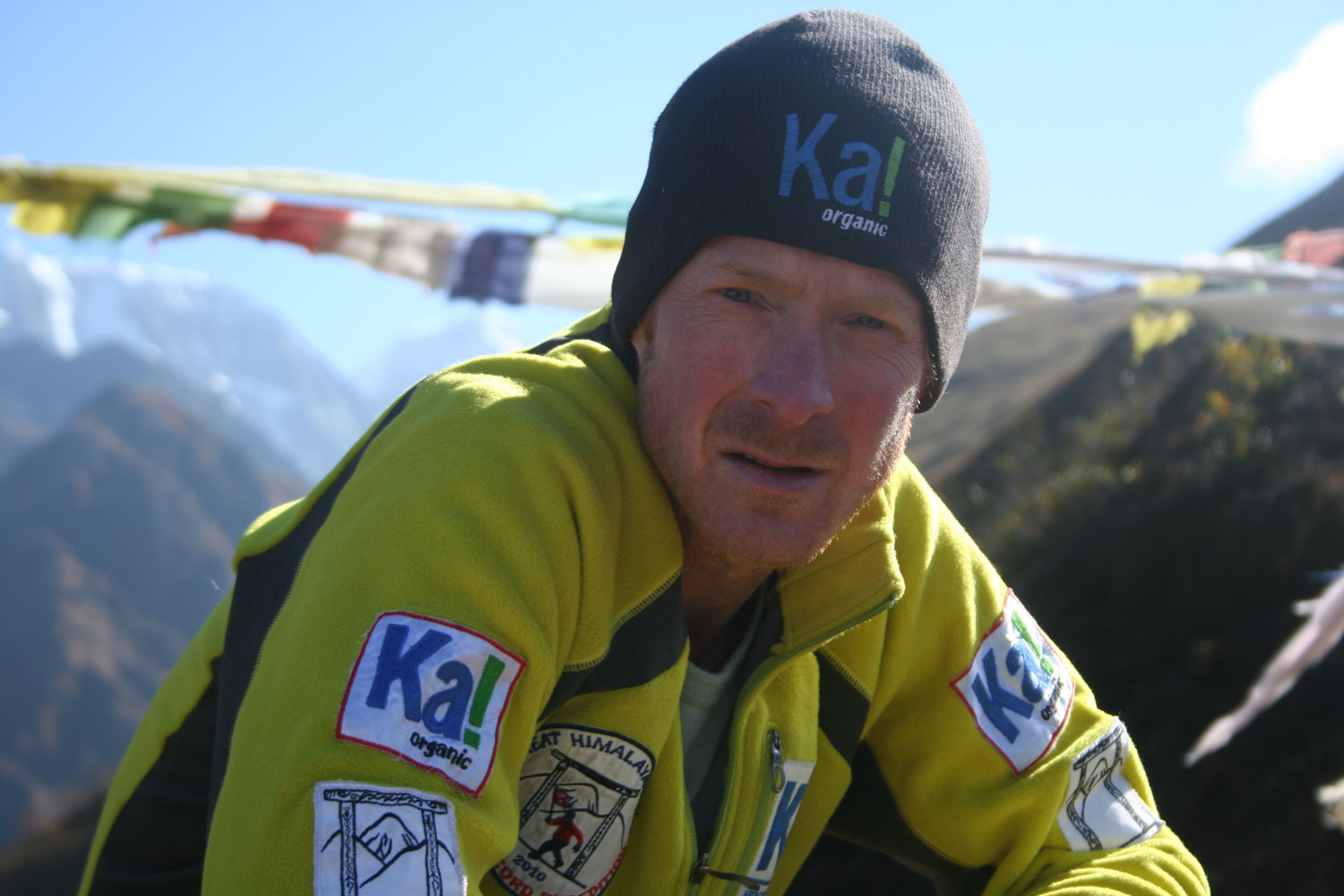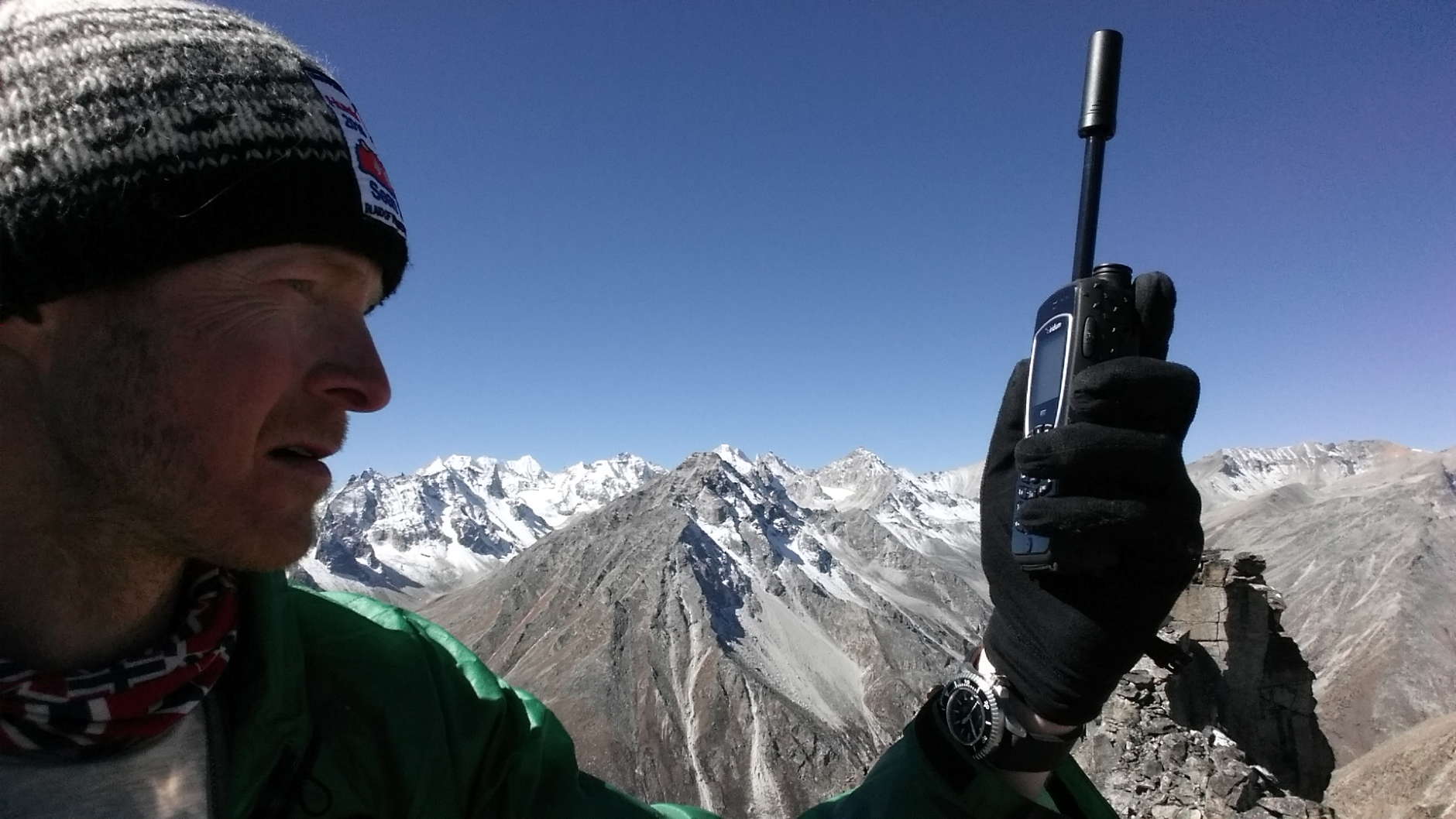
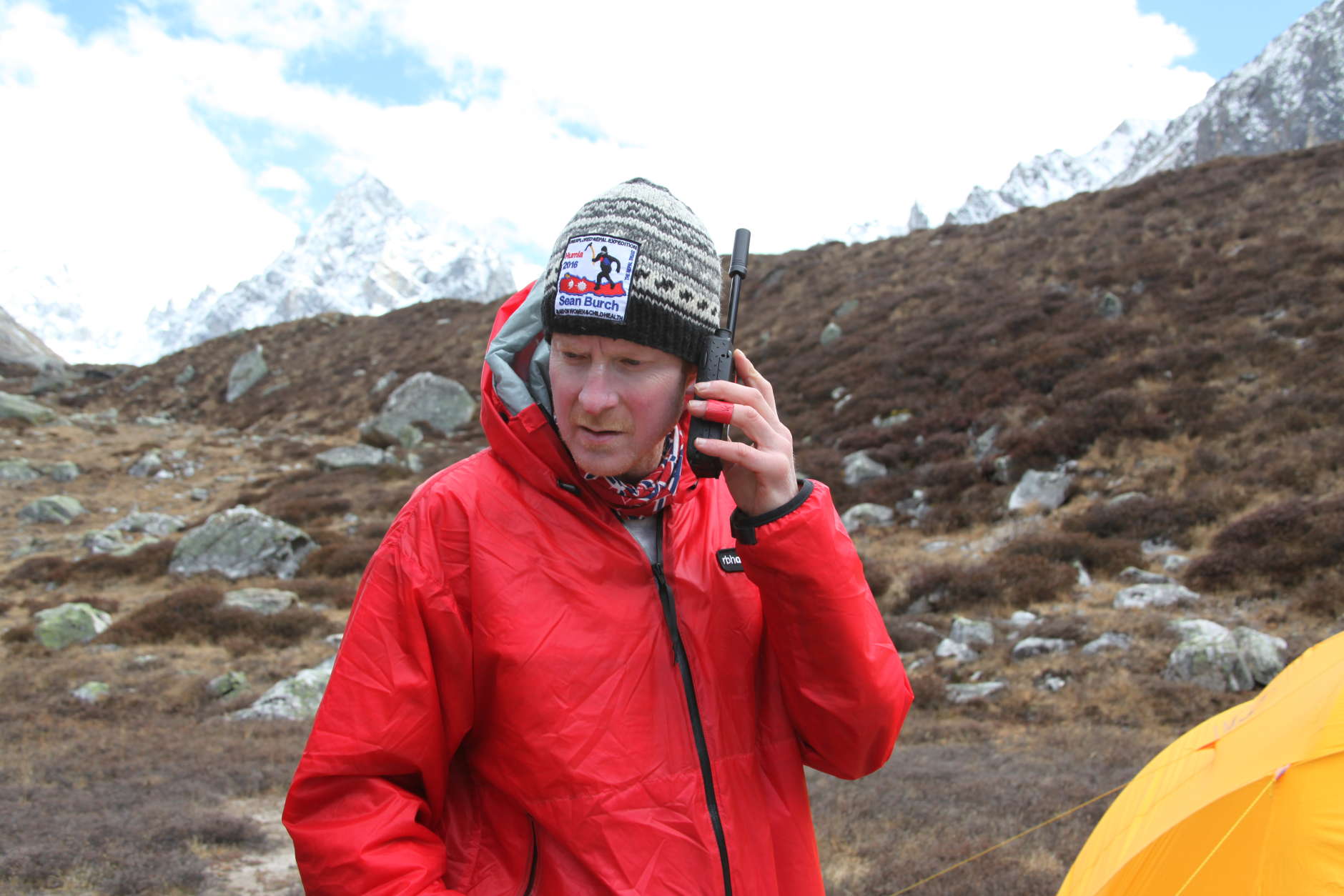
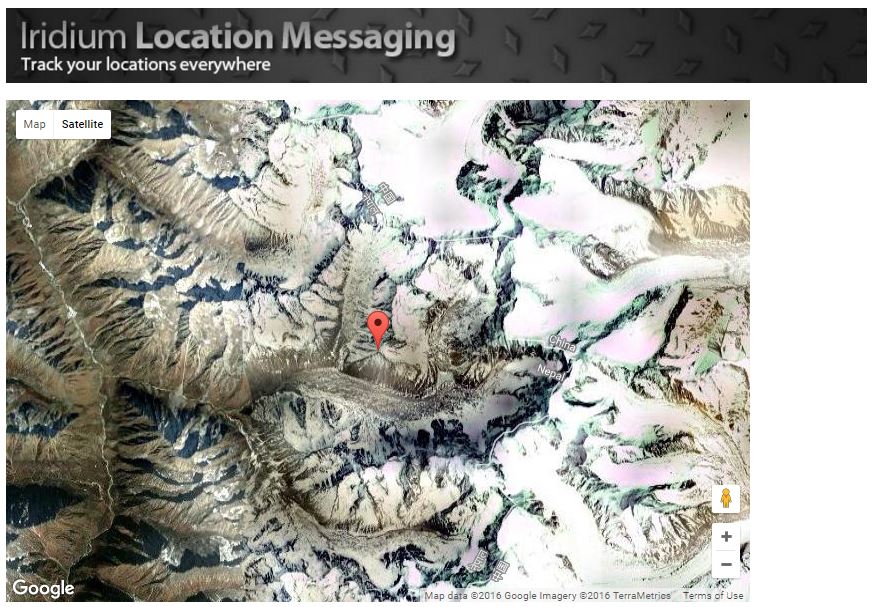
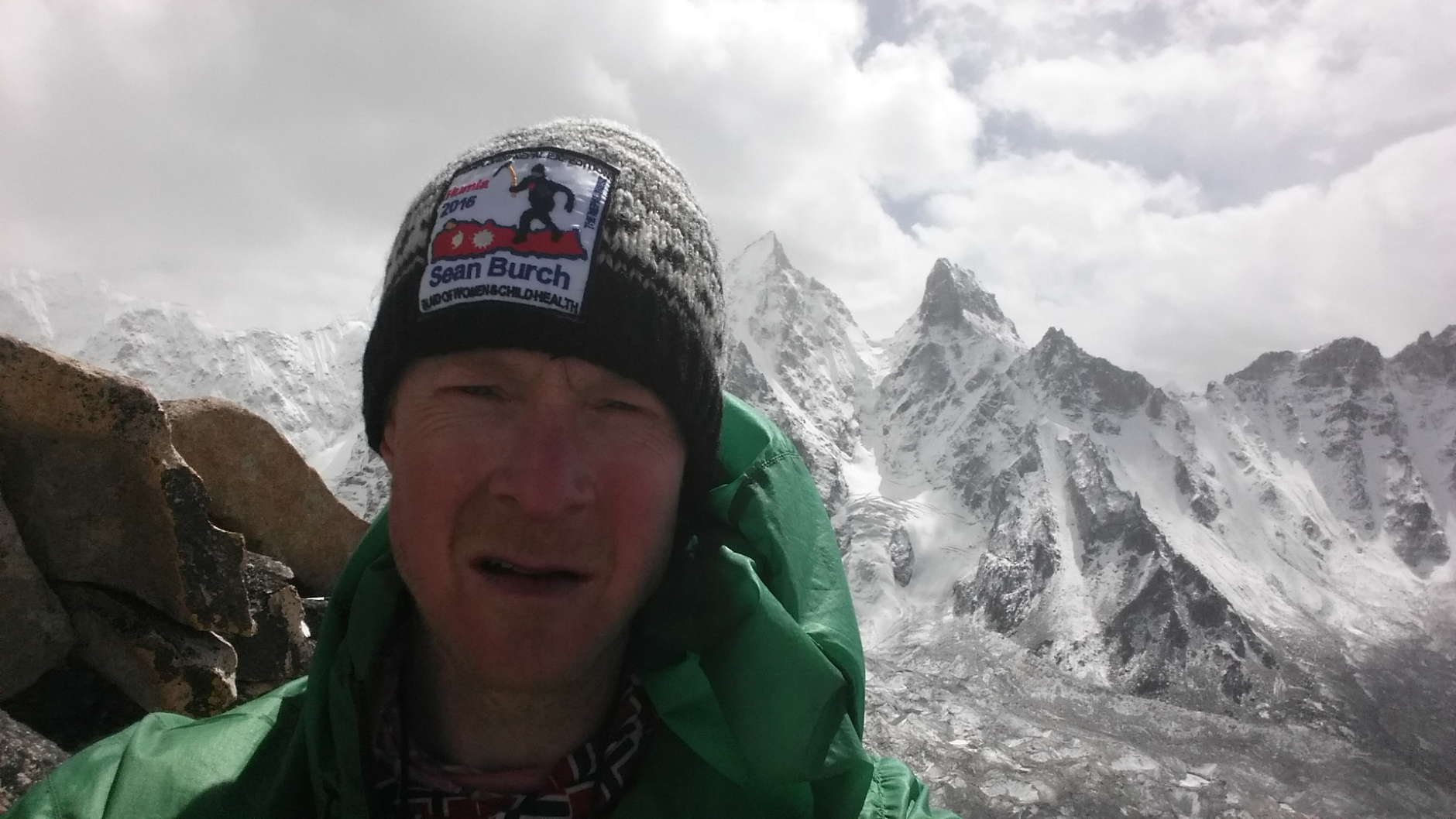
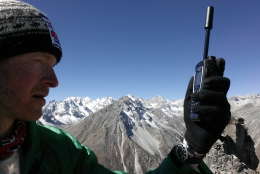
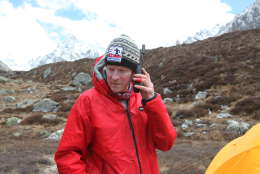
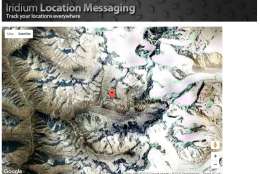
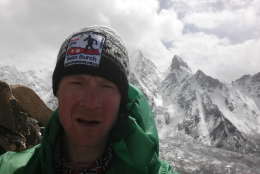
WASHINGTON — Sean Burch planned to scale 31 unclimbed mountains in Nepal. He didn’t plan to have to prove to locals that he had accomplished the feat.
Thankfully for him, Burch had his phone with him.
“I set a new world record by making the most first ascents of previously unclimbed mountains in Nepal’s history,” said Sean Burch, of Marshall, Virginia.
“I made 31 first ascents in 21 days of climbing, in far-western Nepal.”
The Fauquier County resident spent up to 16 hours per day climbing, battling severe winds, high altitudes, snow, trenchfoot, frostbite, and severe hypothermia.
The 31 mountains ranged in height from 16,000 to 19,000 feet.
The height of the mountains came into question, when a reporter in Kathmandu claimed Burch had climbed mountains more than 19,000 feet, which would have required him to pay permit fees.
In addition, the article questioned whether it would have been physically possible for Burch to climb 31 ascents in 21 days.
Burch said the features of his satellite phone “were a godsend” in proving his climb.
Using his Iridium Push-to-Talk (PTT) device, Burch had sent messages from each summit, which pinpointed his location on a map.
“You can set it up so someone can receive an instant location link to where you are, as soon as you turn on the phone and have satellite service,” said Burch.
Burch said letters from government entities in Nepal now prove he achieved his 8th world record.
McLean, Virginia-based Iridium has been a longtime sponsor of Burch’s endeavors. He said the satellite phone’s global service has allowed him to make calls from the North Pole.
Iridium will launch its first 10 satellites in its new NEXT line, when Elon Musk’s SpaceX Falcon 9 returns to space.
Musk’s company will launch the Iridium satellites Jan. 8, according to The Wall Street Journal.
After two recent SpaceX failures, the company was temporarily grounded, which delayed the launch of the new Iridium satellites.
Iridium’s current satellites, which were supposed to function for 7 or 8 years, have been in space for 17 years.
Eventually, 66 operational NEXT satellites — and a few spares — will be launched into orbit, replacing the company’s aging constellation.


